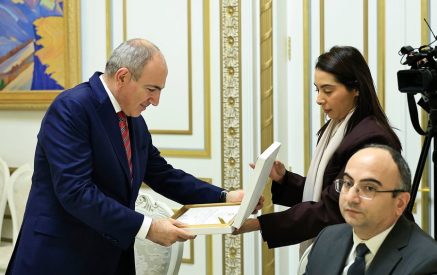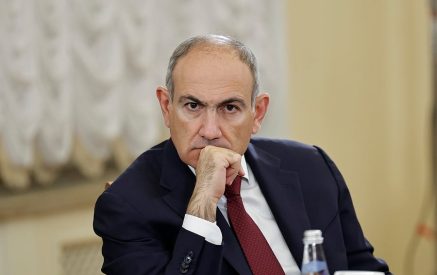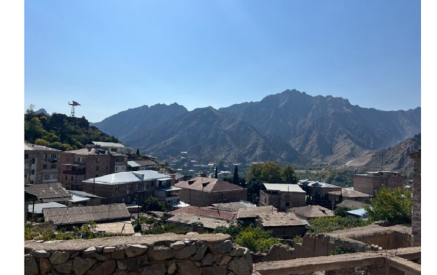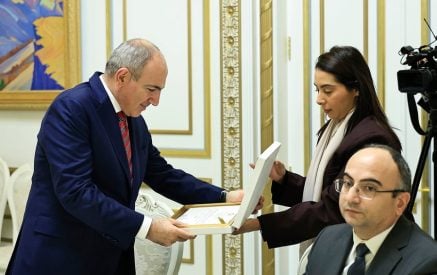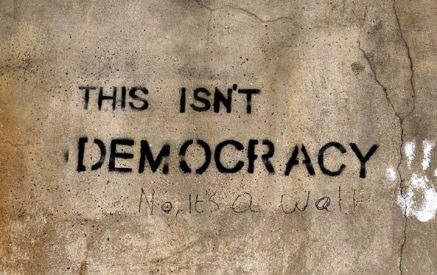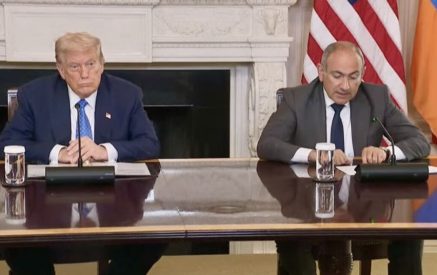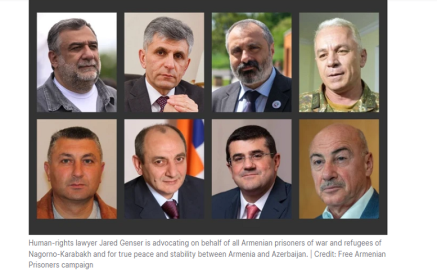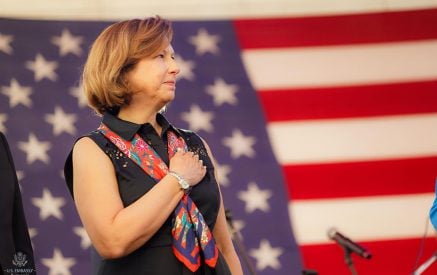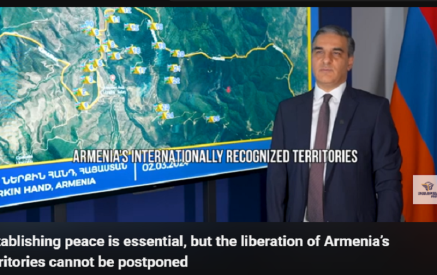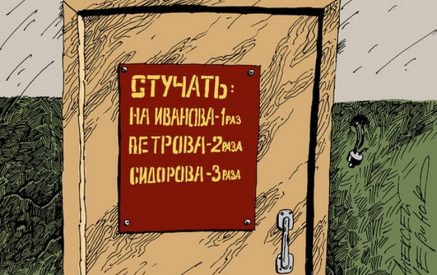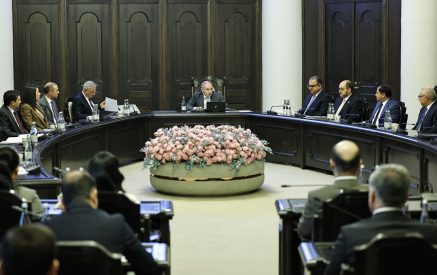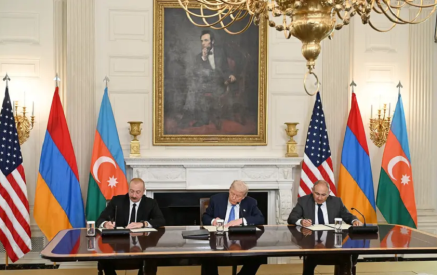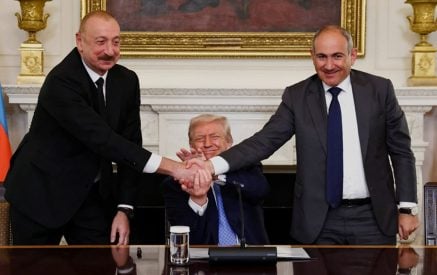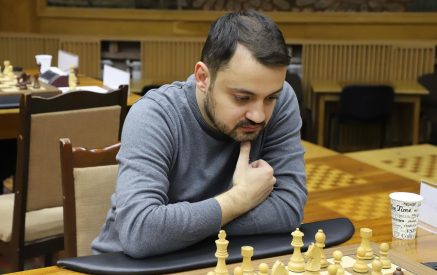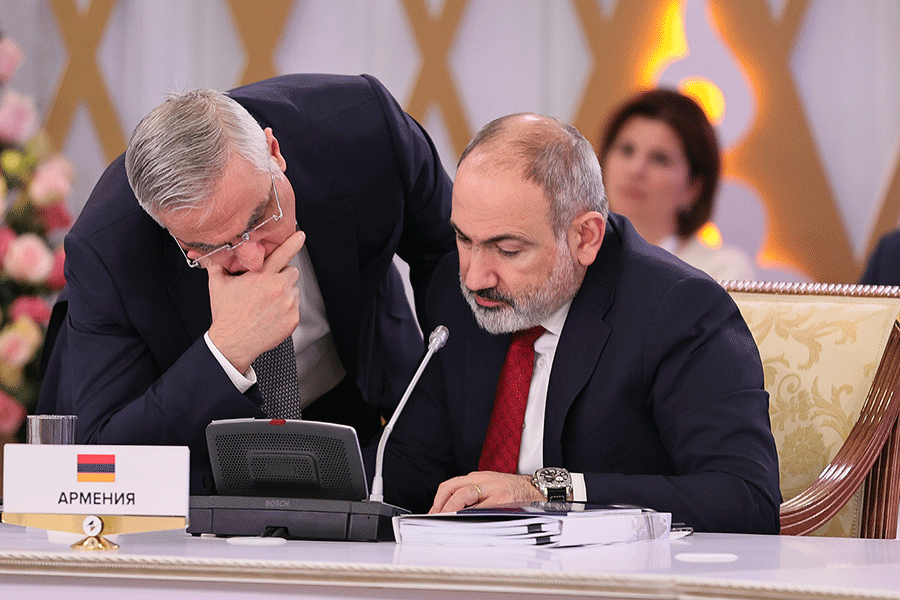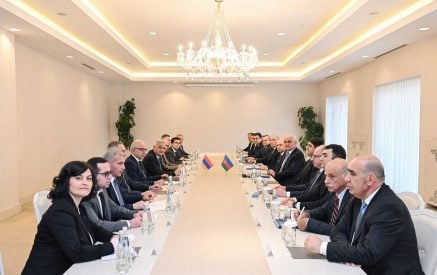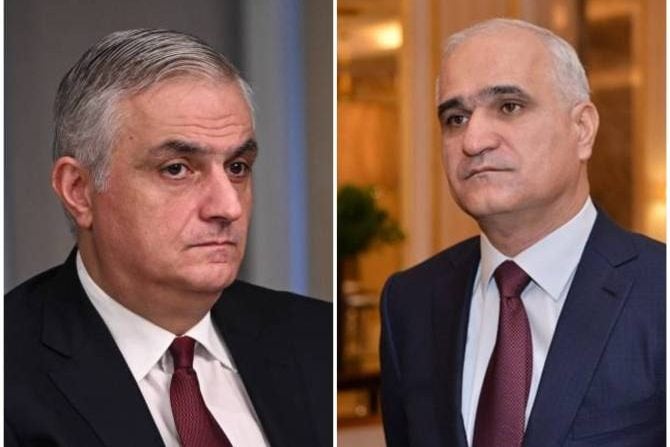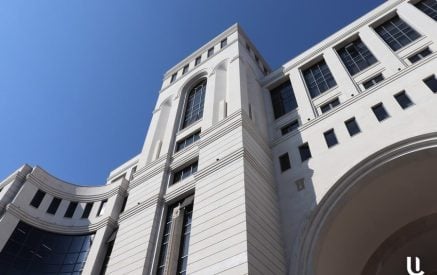A senior Armenian official conducting talks with Azerbaijan on border issues has denied there a final decision on starting the demarcation process in Tavush.
Deputy Prime Minister Mher Grigoryan, who came to parliament on Tuesday to attend a special session on border delimitation and demarcation issues called by the opposition, said the issue was still under discussion.
“There is no decision yet,” he stressed, adding that the demarcation process cannot be started until there is a final decision on fundamental principles.
“The decision to start the delimitation from that part can be made when there is a consensus on the rest of the fundamental issues,” Grigoryan told RFE/RL’s Armenian Service.
Read also
“Those issues concern security, social and legal matters,” he added.
Grigoryan acknowledged, however, that perceptions of the sides on a lot of issues are similar.
Talks about the start of the border demarcation process in Tavush began in March when Prime Minister Nikol Pashinian traveled to the northeastern province to meet with residents of local communities situated next to four formerly Azeri-populated villages that used to be part of Soviet Azerbaijan, but have been under Armenian military control since the 1990s.
Pashinian signaled his readiness to accept Baku’s demands for Armenian withdrawal from those villages, but did not make their handover conditional on the liberation of any Armenian territory occupied by Azerbaijani forces in the early 1990s and 2021-2022. He said Azerbaijan would go to war unless Armenia handed those territories back.
The statement prompted strong condemnation from opposition leaders and serious concern from residents of several Tavush villages that would be affected by the withdrawal. The villagers say they would lose access to their land, have trouble communicating with the rest of the country and be far more vulnerable from Azerbaijani armed attacks.
Grigoryan said today that the impression that the Armenian side was ready to make unilateral concessions and that Azerbaijan was not content even with that was “wrong.”
In an interview with Armenian Public Television aired on Saturday Armenian Foreign Minister Ararat Mirzoyan said that Yerevan and Baku had agreed several times at top-level meetings on recognizing each other’s territorial integrity based on the 1991 Alma-Ata Declaration, but that Azerbaijan showed a “reluctance” when it came to reflecting it in a draft peace treaty.
Foreign Ministry spokesperson Ani Badalian confirmed on Monday that Armenia had replied to the latest edition of proposals from the Azerbaijani side regarding the draft peace treaty. She did not elaborate on the contents of the reply.
The news came amid fresh tensions along the Armenian-Azerbaijani border as both sides accused each other of initiating cross-border fire.




